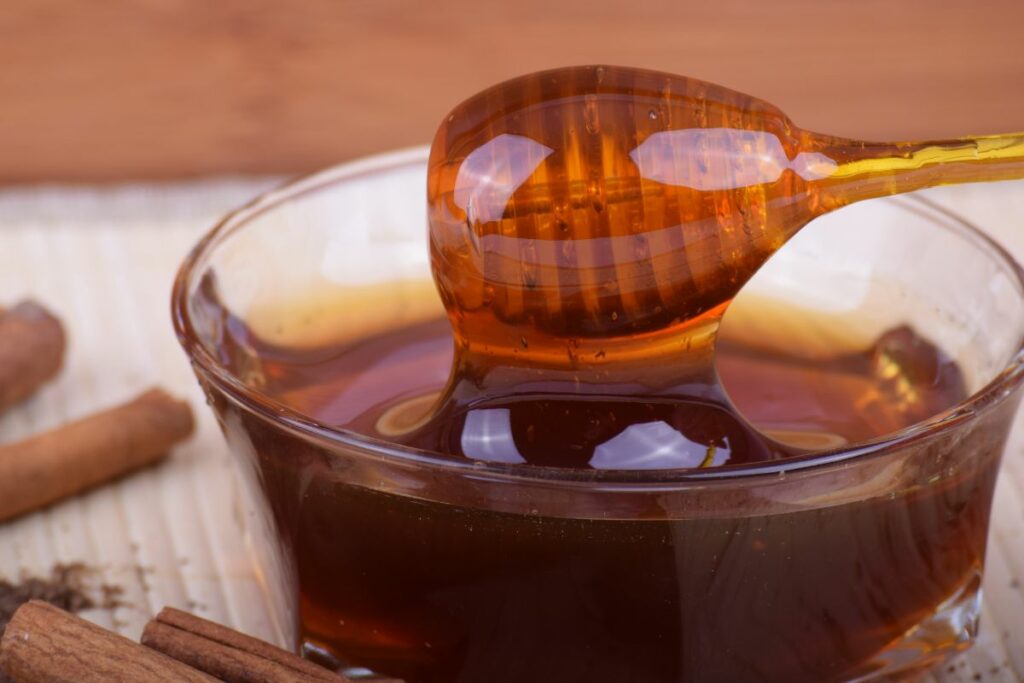Coconut nectar is a natural sweetener that is derived from the sap of coconut tree blossoms. It is a popular alternative to refined sugar due to its low glycemic index and high nutrient content. However, coconut nectar may not always be readily available or accessible to everyone. In such cases, it is essential to know about the best coconut nectar substitutes that can be used in various recipes.
There are several substitutes for coconut nectar that can be used in cooking and baking. Maple syrup, agave nectar, and raw honey are some of the most popular alternatives. These sweeteners are readily available in most grocery stores and have a similar flavor profile to coconut nectar. Additionally, molasses, date syrup, and brown sugar can also be used as substitutes, but they may alter the taste and texture of the recipe. It is important to note that each substitute has a different sweetness level, so it is crucial to adjust the amount used accordingly.
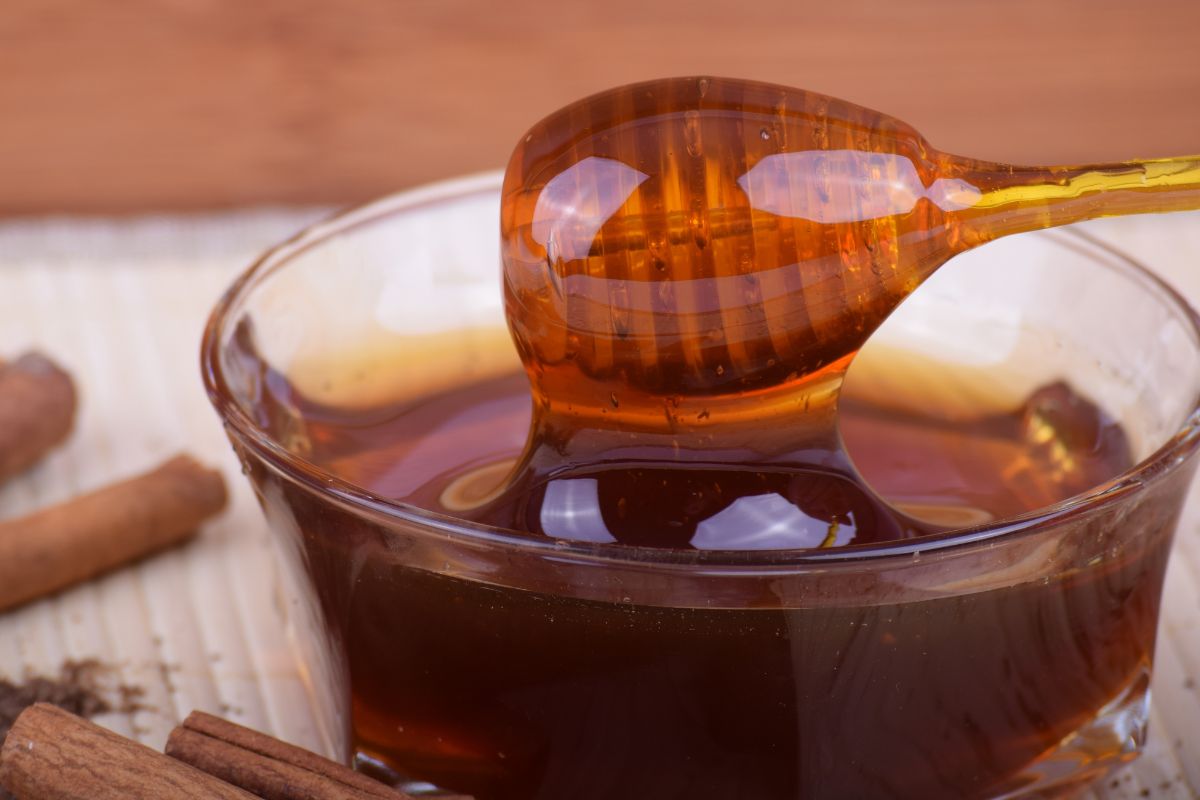
Contents
- 1 Understanding Coconut Nectar
- 2 Why Substitute Coconut Nectar
- 3 Common Coconut Nectar Substitutes
- 4 Natural Sweeteners as Substitutes
- 5 Artificial Sweeteners as Substitutes
- 6 Using Substitutes in Drinks
- 7 Using Substitutes in Baking
- 8 Using Substitutes in Desserts
- 9 Using Substitutes in Sauces and Dressings
- 10 Health Benefits of Substitutes
- 11 Considerations When Choosing Substitutes
Understanding Coconut Nectar
Coconut nectar is a natural sweetener that is derived from the sap of coconut blossoms. It is a popular alternative to traditional sweeteners due to its low glycemic index and various health benefits.
Coconut nectar is rich in vitamins, minerals, and fiber. It contains potassium, zinc, magnesium, iron, and amino acids, which are essential for good health. Additionally, it is a great source of nutrition and antioxidants, which can help to boost the immune system and protect against disease.
One of the unique features of coconut nectar is that it is often stored in bamboo containers. This is because bamboo is a sustainable material that does not harm the environment. It also helps to preserve the natural flavor and freshness of the nectar.
Coconut nectar is a versatile ingredient that can be used in a variety of recipes. It has a sweet, caramel-like flavor that makes it a great addition to desserts, smoothies, and other sweet treats. It can also be used as a substitute for traditional sweeteners such as sugar and honey.
Overall, coconut nectar is a healthy and delicious alternative to traditional sweeteners. It is a great way to add sweetness to your favorite recipes while also reaping the many health benefits that it provides.
Why Substitute Coconut Nectar
Coconut nectar is a popular sweetener that has been used for centuries in Southeast Asian cuisine. However, there are several reasons why someone might want to substitute coconut nectar with another sweetener.
Blood Sugar Levels
Coconut nectar has a lower glycemic index than regular sugar, meaning it does not cause a sudden spike in blood sugar levels. However, it still contains fructose and glucose, which can affect blood sugar levels. For people with diabetes or those who need to manage their blood sugar levels, a low glycemic index sweetener may be a better option.
Calorie-Free
Coconut nectar is not calorie-free and can add unwanted calories to a diet. For people who are trying to lose weight or maintain a healthy weight, a calorie-free sweetener may be a better option.
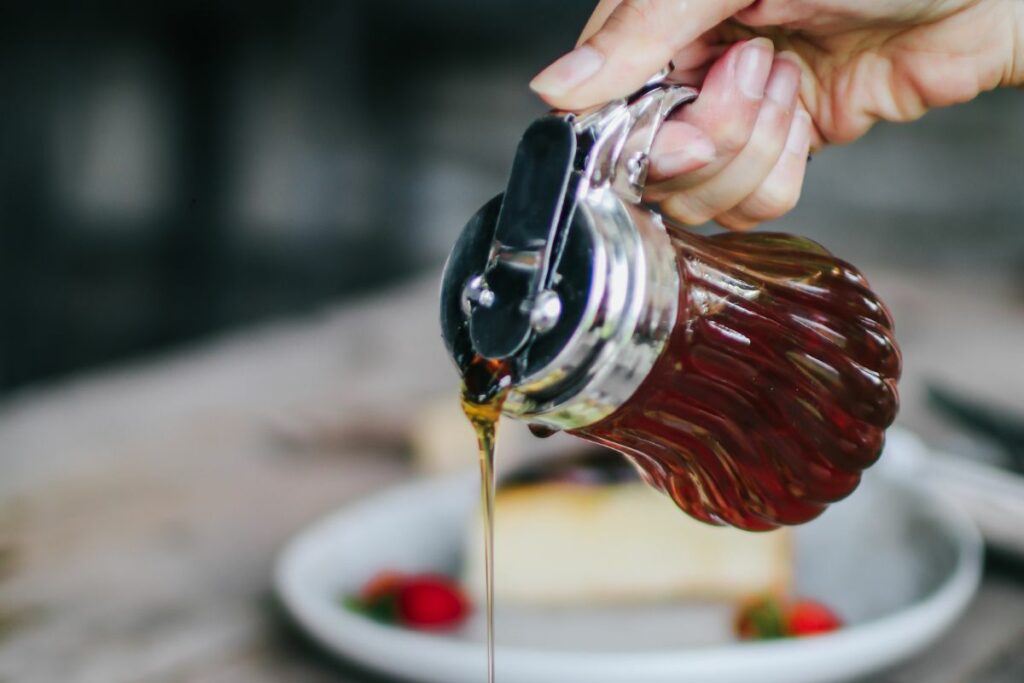
Substitute
There are several substitutes for coconut nectar that can be used in recipes. Maple syrup, agave nectar, and raw honey are all great substitutes for coconut nectar. Molasses or date syrup can also be used as substitutes. Monk fruit sweetener is a zero calorie, keto-friendly option.
Added Calories
Coconut nectar contains added calories, which can be a concern for some people. Using a calorie-free sweetener can help reduce calorie intake without sacrificing sweetness.
Overall, there are several reasons why someone might want to substitute coconut nectar with another sweetener. Whether it’s to manage blood sugar levels, reduce calorie intake, or try something new, there are plenty of options available.
Common Coconut Nectar Substitutes
Coconut nectar is a natural sweetener that is derived from the sap of coconut palm trees. It has a rich, caramel-like flavor and is often used as a healthier alternative to refined sugar. However, if you can’t find coconut nectar or want to try something new, there are several substitutes that you can use instead.
Here are some of the most common coconut nectar substitutes:
Maple Syrup
Maple syrup is a popular natural sweetener that is often used as a substitute for coconut nectar. It is made from the sap of maple trees and has a rich, sweet flavor. Maple syrup is a good option for those who are looking for a vegan or gluten-free alternative to coconut nectar.
Agave Nectar
Agave nectar is another natural sweetener that can be used as a substitute for coconut nectar. It is made from the sap of the agave plant and has a mild, sweet flavor. Agave nectar is a good option for those who are looking for a low-glycemic alternative to coconut nectar.
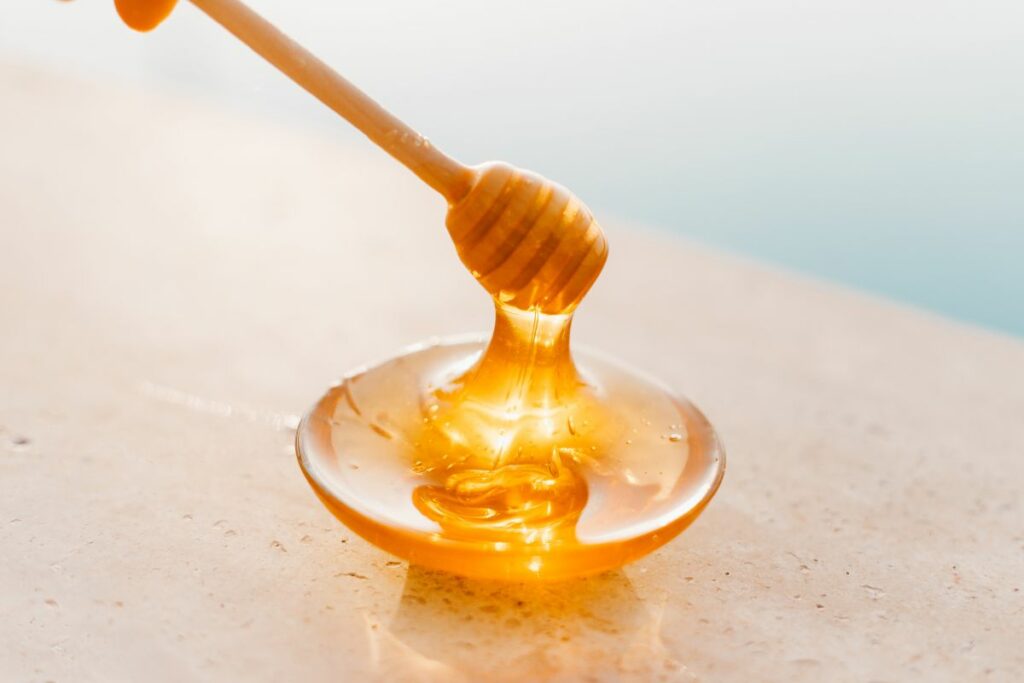
Raw Honey
Raw honey is a natural sweetener that is made by bees from the nectar of flowers. It has a rich, sweet flavor and is often used as a substitute for coconut nectar. Raw honey is a good option for those who are looking for a natural sweetener that also has health benefits.
Date Syrup
Date syrup is a natural sweetener that is made from dates. It has a rich, caramel-like flavor and is often used as a substitute for coconut nectar. Date syrup is a good option for those who are looking for a natural sweetener that is also high in fiber.
Brown Sugar
Brown sugar is a common sweetener that can be used as a substitute for coconut nectar. It is made by adding molasses to refined white sugar and has a rich, caramel-like flavor. Brown sugar is a good option for those who are looking for a more affordable alternative to coconut nectar.
These are just a few of the most common coconut nectar substitutes. There are many other natural sweeteners that you can use as well, such as molasses, stevia, and monk fruit sweetener. When choosing a substitute, it’s important to consider the flavor, texture, and health benefits of each option to find the best one for your needs.
Natural Sweeteners as Substitutes
When it comes to substituting coconut nectar, there are plenty of natural sweeteners that can be used. These sweeteners are not only healthier options, but they also add a unique flavor to the recipe. Here are some of the best natural sweeteners that can be used as a substitute for coconut nectar:
Maple Syrup
Maple syrup is a popular natural sweetener that can be used as a substitute for coconut nectar. It has a rich flavor and can be used in a variety of recipes. Maple syrup is made by boiling down the sap of maple trees and is a good source of antioxidants and minerals such as zinc and manganese.

Molasses
Molasses is another natural sweetener that can be used as a substitute for coconut nectar. It is a byproduct of the sugar refining process and has a distinct flavor that is perfect for baked goods. Molasses is also a good source of iron, calcium, and potassium.
Honey
Honey is a natural sweetener that has been used for centuries. It is made by bees from the nectar of flowers and has a unique flavor that can be used in a variety of recipes. Honey is also a good source of antioxidants and has antibacterial properties.
Date Syrup
Date syrup is a natural sweetener that is made from dates. It has a caramel-like flavor and can be used in a variety of recipes. Date syrup is also a good source of potassium, magnesium, and fiber.
Brown Sugar
Brown sugar is a natural sweetener that is made by adding molasses to white sugar. It has a rich flavor and can be used in a variety of recipes. Brown sugar is also a good source of calcium, iron, and potassium.
Brown Rice Syrup
Brown rice syrup is a natural sweetener that is made by fermenting brown rice. It has a mild flavor and can be used in a variety of recipes. Brown rice syrup is also a good source of complex carbohydrates and fiber.
Agave Nectar
Agave nectar is a natural sweetener that is made from the agave plant. It has a mild flavor and can be used in a variety of recipes. Agave nectar is also a good source of antioxidants and has a low glycemic index.
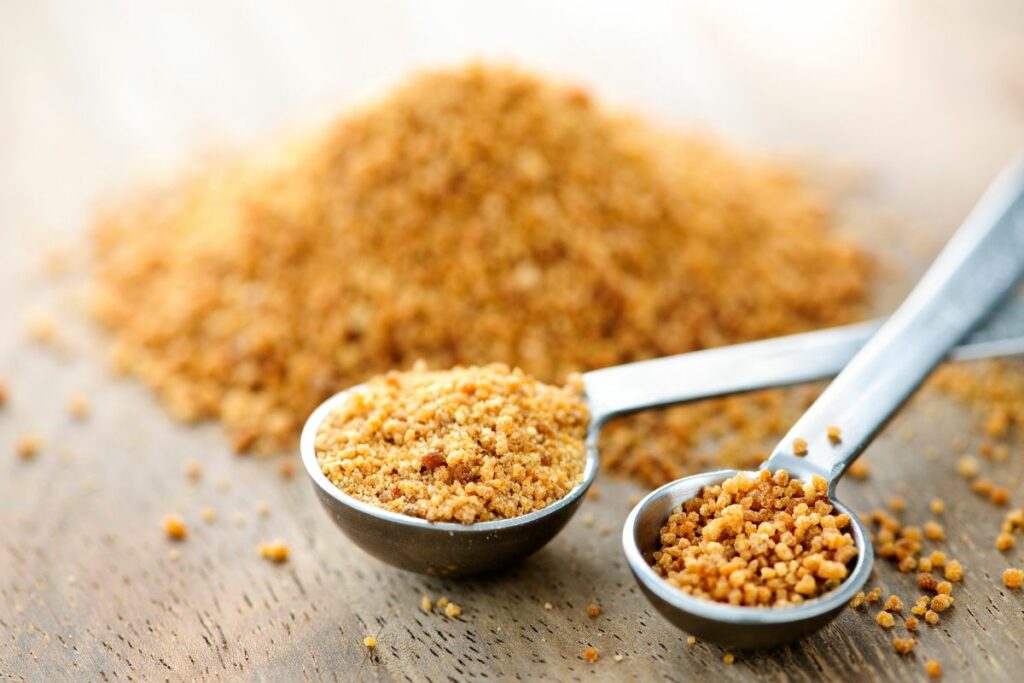
Raw Honey
Raw honey is a natural sweetener that is unprocessed and unfiltered. It has a unique flavor and can be used in a variety of recipes. Raw honey is also a good source of antioxidants and has antibacterial properties.
Coconut Sugar
Coconut sugar is a natural sweetener that is made from the sap of coconut trees. It has a rich flavor and can be used in a variety of recipes. Coconut sugar is also a good source of iron, zinc, and calcium.
Dates
Dates are a natural sweetener that can be used in a variety of recipes. They have a sweet flavor and are a good source of fiber, potassium, and magnesium.
Maple Sugar
Maple sugar is a natural sweetener that is made from maple syrup. It has a rich flavor and can be used in a variety of recipes. Maple sugar is also a good source of antioxidants and minerals such as zinc and manganese.
Yacon Syrup
Yacon syrup is a natural sweetener that is made from the yacon plant. It has a mild flavor and can be used in a variety of recipes. Yacon syrup is also a good source of prebiotics and has a low glycemic index.
Sorghum Syrup
Sorghum syrup is a natural sweetener that is made from the sorghum plant. It has a rich flavor and can be used in a variety of recipes. Sorghum syrup is also a good source of antioxidants and minerals such as iron and potassium.
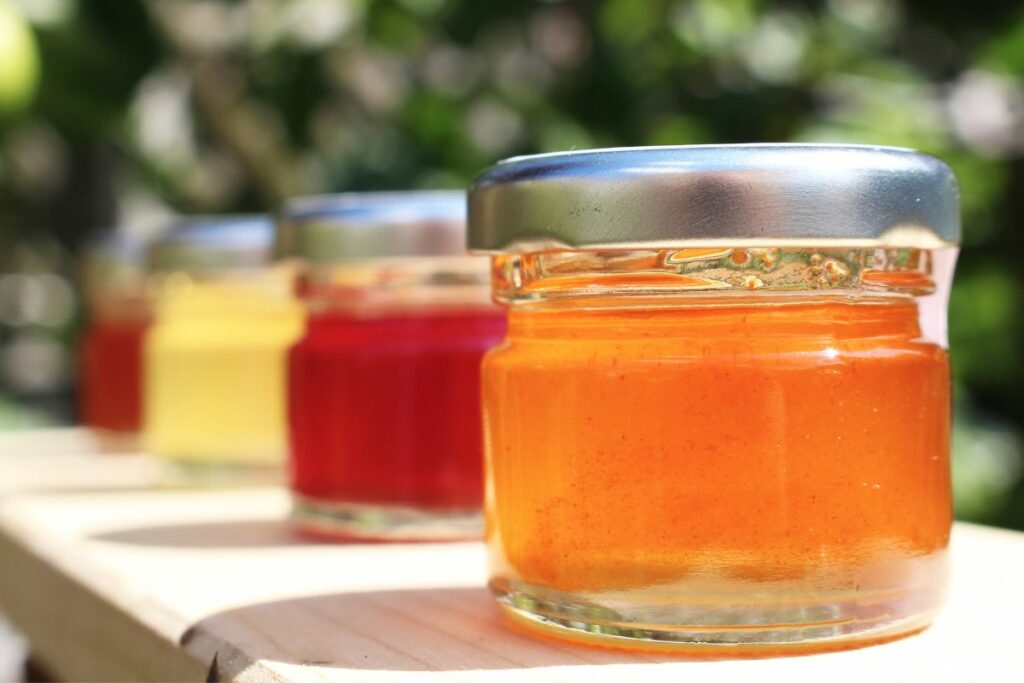
Date Sugar
Date sugar is a natural sweetener that is made from dried dates. It has a sweet flavor and can be used in a variety of recipes. Date sugar is also a good source of fiber, potassium, and magnesium.
Natural Applesauce
Natural applesauce is a natural sweetener that can be used in a variety of recipes. It has a sweet flavor and is a good source of fiber and vitamin C.
Erythritol
Erythritol is a natural sweetener that is made from corn. It has a mild flavor and can be used in a variety of recipes. Erythritol is also a good source of antioxidants and has a low glycemic index.
Stevia
Stevia is a natural sweetener that is made from the leaves of the stevia plant. It has a sweet flavor and can be used in a variety of recipes. Stevia is also a good source of antioxidants and has a low glycemic index.
Artificial Sweeteners as Substitutes
For those who prefer a calorie-free option, artificial sweeteners can be a great substitute for coconut nectar. Some popular artificial sweeteners include saccharin (Sweet’N Low), sucralose (Splenda), and purified stevia leaf extracts (Truvia, PureVia, others) Mayo Clinic.
One of the benefits of using artificial sweeteners is that they do not affect blood sugar levels, making them a great option for people with diabetes. However, some people may experience side effects such as headaches or digestive issues when consuming artificial sweeteners. It is always important to consult with a healthcare professional before using any sugar substitute.
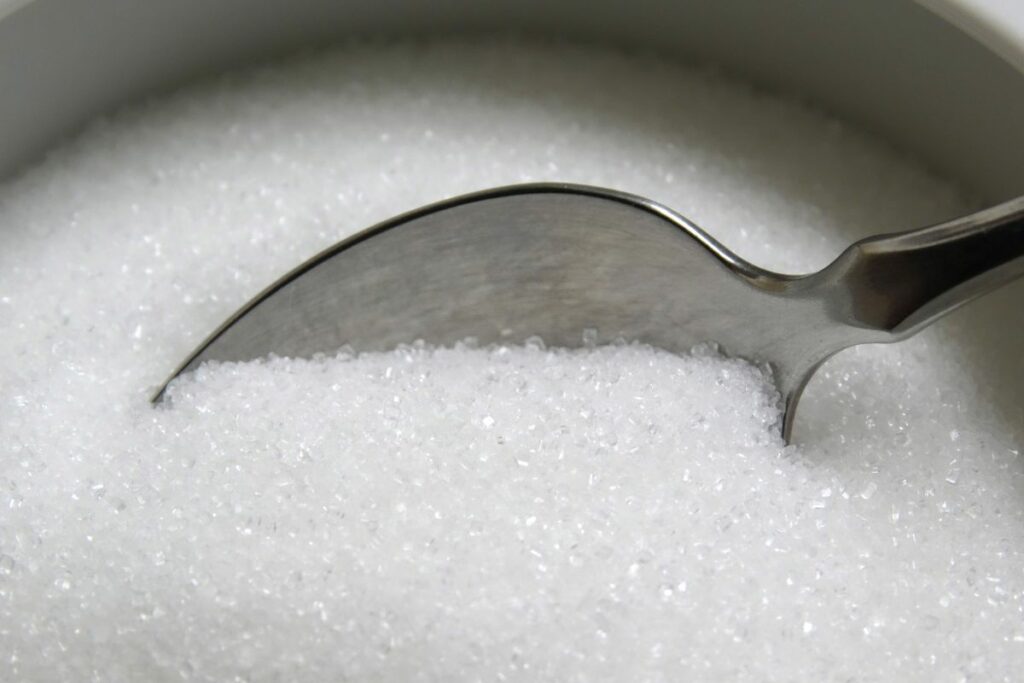
Another option for a natural, calorie-free sweetener is monk fruit sweetener. This sweetener is made from the extract of the monk fruit and is a zero-calorie, keto-friendly option Pantry and Larder. It is important to note that monk fruit sweetener can be very sweet, so it is important to use it sparingly.
While artificial sweeteners and monk fruit sweetener are great options for those looking for a calorie-free option, it is important to note that they are highly processed. Some people prefer to use natural sweeteners such as raw honey, maple syrup, or molasses Pantry and Larder. These sweeteners do contain calories and may affect blood sugar levels, so it is important to use them in moderation.
Overall, there are many different options for sweeteners that can be used as a substitute for coconut nectar. Whether you prefer a calorie-free option or a natural sweetener, it is important to choose a sweetener that works best for your individual needs and preferences.
Using Substitutes in Drinks
Coconut nectar is a popular sweetener used in many drinks, including tea and coffee. However, if you don’t have coconut nectar or are looking for a substitute, there are several options available.
One of the best substitutes for coconut nectar in drinks is maple syrup. Maple syrup is a natural sweetener that adds a rich, sweet flavor to drinks. It is a great alternative to coconut nectar in coffee, tea, and other beverages. Other substitutes for coconut nectar in drinks include agave nectar, raw honey, and date syrup.
When using a substitute for coconut nectar in drinks, it is important to keep in mind the flavor profile of the drink you are making. For example, if you are making a fruity drink, you may want to use a substitute that complements the fruit flavors. On the other hand, if you are making a more savory drink, you may want to use a substitute that has a more neutral flavor.
It is also important to consider the texture of the substitute when using it in drinks. Some substitutes may be thicker or thinner than coconut nectar, which can affect the overall texture of the drink. For example, maple syrup is thicker than coconut nectar, so it may make the drink thicker and more syrupy.
Overall, there are many substitutes for coconut nectar that can be used in drinks. Maple syrup, agave nectar, raw honey, and date syrup are all great alternatives that can add a sweet, rich flavor to your favorite beverages. When using a substitute, be sure to consider the flavor profile and texture of the drink to ensure the best results.
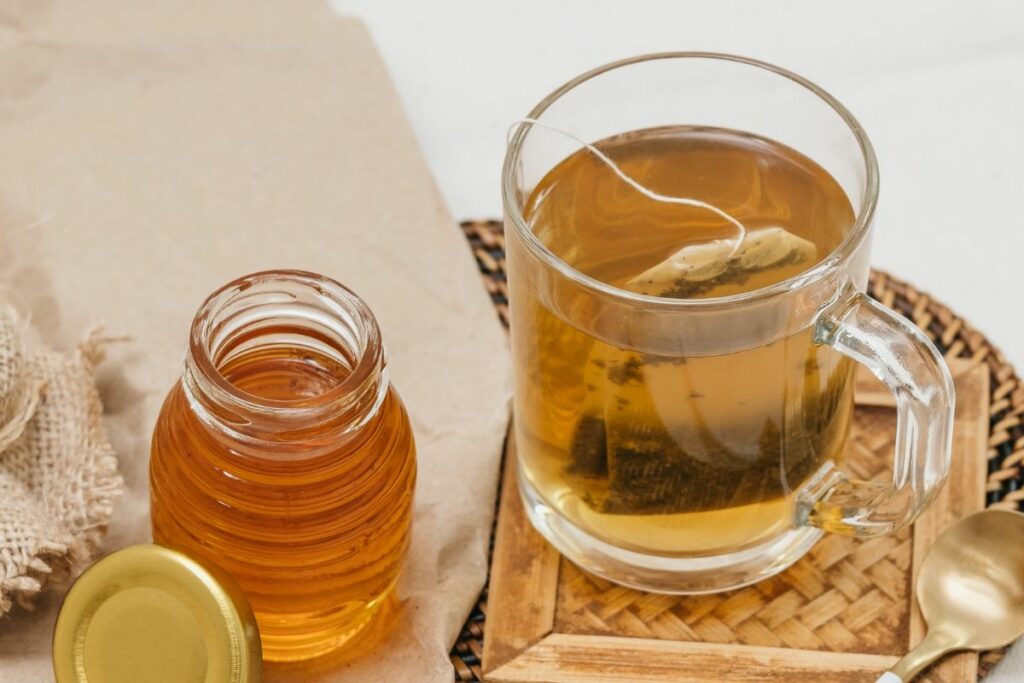
Using Substitutes in Baking
When it comes to baking recipes that call for coconut nectar, there are several substitutes that can be used without compromising on taste or texture. Here are some tips on using substitutes in baking:
1. Maple Syrup
Maple syrup is a popular substitute for coconut nectar in baking recipes. It has a similar consistency and sweetness level, making it an ideal choice for recipes that require a liquid sweetener. It is important to note that using maple syrup may result in a slightly different flavor profile, but it should not affect the overall outcome of the recipe.
2. Agave Nectar
Agave nectar is another great substitute for coconut nectar in baking recipes. It has a mild flavor and a similar consistency, making it an easy replacement. Agave nectar is also a low glycemic sweetener, which makes it a good option for those looking to reduce their sugar intake.
3. Honey
Honey is a natural sweetener that can be used as a substitute for coconut nectar in baking recipes. It has a similar consistency and sweetness level, but it has a distinct flavor that may alter the taste of the recipe. When using honey, it is important to note that it is a bit sweeter than coconut nectar, so it may be necessary to adjust the amount used in the recipe.
4. Molasses
Molasses is a thick, dark syrup that can be used as a substitute for coconut nectar in baking recipes. It has a distinct flavor that may alter the taste of the recipe, but it is a good option for those who prefer a more robust flavor. When using molasses, it is important to note that it is sweeter than coconut nectar, so it may be necessary to adjust the amount used in the recipe.
5. Brown Sugar
Brown sugar is a common substitute for coconut nectar in baking recipes. It has a similar consistency and sweetness level, but it has a distinct flavor that may alter the taste of the recipe. When using brown sugar, it is important to note that it is sweeter than coconut nectar, so it may be necessary to adjust the amount used in the recipe.
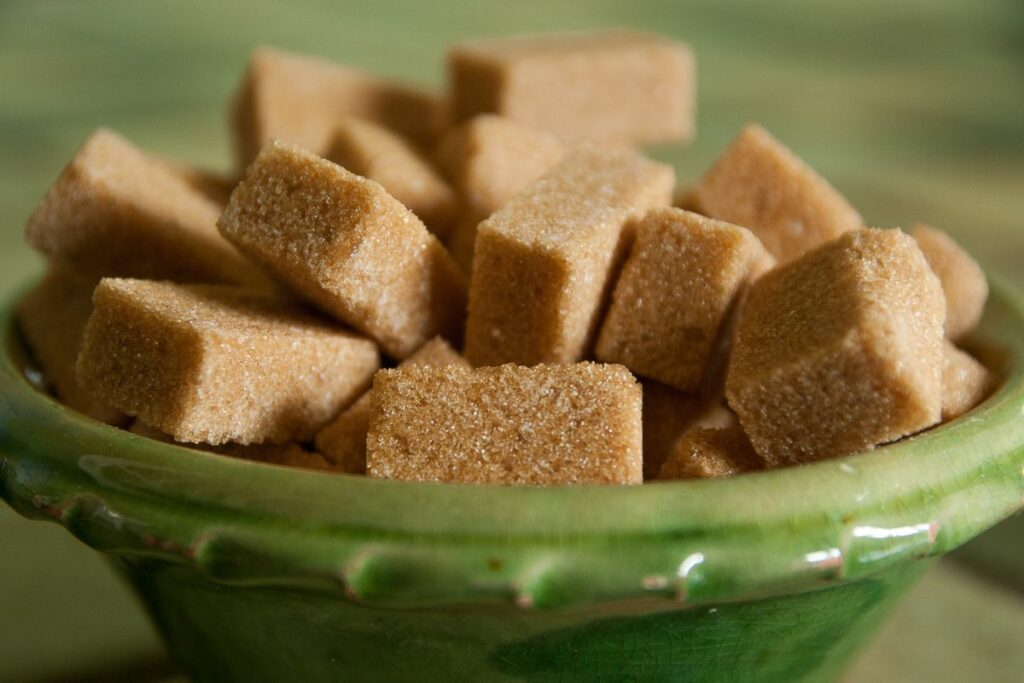
When substituting for coconut nectar in baking recipes, it is important to keep in mind that each substitute has its own unique flavor profile and sweetness level. It may be necessary to adjust the amount used in the recipe to achieve the desired taste and texture. With a little experimentation, it is possible to find the perfect substitute for any baking recipe that calls for coconut nectar.
Using Substitutes in Desserts
Coconut nectar is a popular sweetener used in many desserts, but it may not always be available or preferred. Fortunately, there are several substitutes that can be used in desserts without compromising on taste or texture.
One of the best substitutes for coconut nectar is maple syrup. It has a similar consistency and sweetness, making it an ideal replacement in desserts like cakes, cookies, and pancakes. Agave nectar is another great option that can be used in place of coconut nectar. It has a mild, sweet flavor that works well in desserts like fruit salads, smoothies, and ice creams.
Raw honey is another natural sweetener that can be used as a substitute for coconut nectar. It has a distinct flavor and can add a unique taste to desserts like granola bars, energy balls, and muffins. Brown sugar is also a good option that can be used in baked goods like brownies, cookies, and pies.
When using substitutes in desserts, it’s important to keep in mind that the flavor and consistency may vary slightly. For example, maple syrup may have a stronger flavor than coconut nectar, while agave nectar may be thinner in consistency. However, these differences can often be adjusted by using slightly different amounts or by adding other ingredients.
Coconut cream is another ingredient commonly used in desserts that can be substituted if needed. Cashew cream, almond cream, or soy cream are all good options that can be used in place of coconut cream. They can be used in desserts like pies, puddings, and ice creams, and can add a rich, creamy texture.
Finally, vanilla is a common ingredient used in desserts that can be substituted if needed. Vanilla extract or vanilla bean paste are both good options that can be used in place of fresh vanilla beans. They can be used in desserts like cakes, cookies, and custards, and can add a delicious vanilla flavor.
Overall, there are many substitutes that can be used in desserts if coconut nectar is not available or preferred. By experimenting with different options and adjusting the amounts and ingredients as needed, it’s possible to create delicious desserts that are just as sweet and satisfying as those made with coconut nectar.
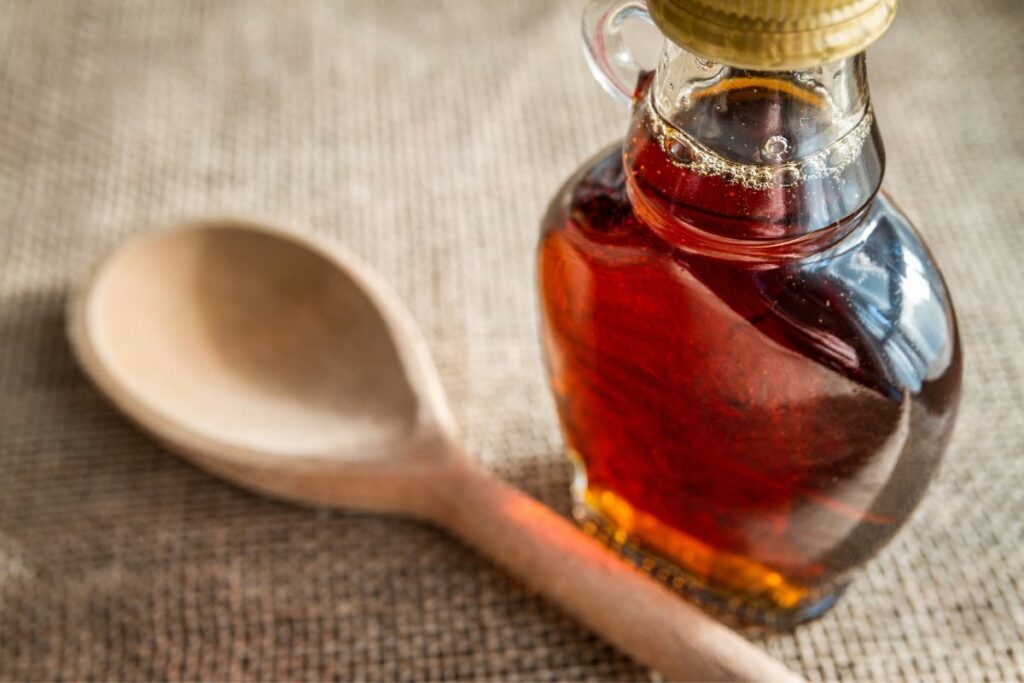
Using Substitutes in Sauces and Dressings
Coconut nectar is a popular sweetener used in sauces, dressings, marinades, and glazes. However, if you don’t have coconut nectar on hand or prefer not to use it, there are several substitutes that you can use instead.
Maple Syrup
One of the best substitutes for coconut nectar in sauces and dressings is maple syrup. It has a similar consistency and sweetness level, making it an easy replacement. Maple syrup also has a distinct flavor that can add depth to your dish.
Agave Nectar
Agave nectar is another natural sweetener that can be used as a substitute for coconut nectar in sauces and dressings. It has a milder flavor than maple syrup and a lower glycemic index, making it a good option for those with diabetes or watching their sugar intake.
Raw Honey
Raw honey is a versatile sweetener that can be used in sauces and dressings as a substitute for coconut nectar. It has a distinct flavor and is packed with antioxidants and nutrients. However, it is important to note that heating honey can destroy its health benefits, so it is best to use it in cold sauces and dressings.
Brown Sugar
Brown sugar can also be used as a substitute for coconut nectar in sauces and dressings. It has a similar consistency and sweetness level, but it also has a caramel-like flavor that can add depth to your dish.
Date Syrup
Date syrup is a natural sweetener made from dates that can be used as a substitute for coconut nectar in sauces and dressings. It has a similar consistency and sweetness level, but it also has a rich, fruity flavor that can add complexity to your dish.
When using substitutes in sauces and dressings, it is important to keep in mind the flavor profile of your dish. Each substitute has its own unique flavor, so it is best to choose one that complements the other ingredients in your recipe. Additionally, it is important to adjust the amount of substitute used to achieve the desired level of sweetness.
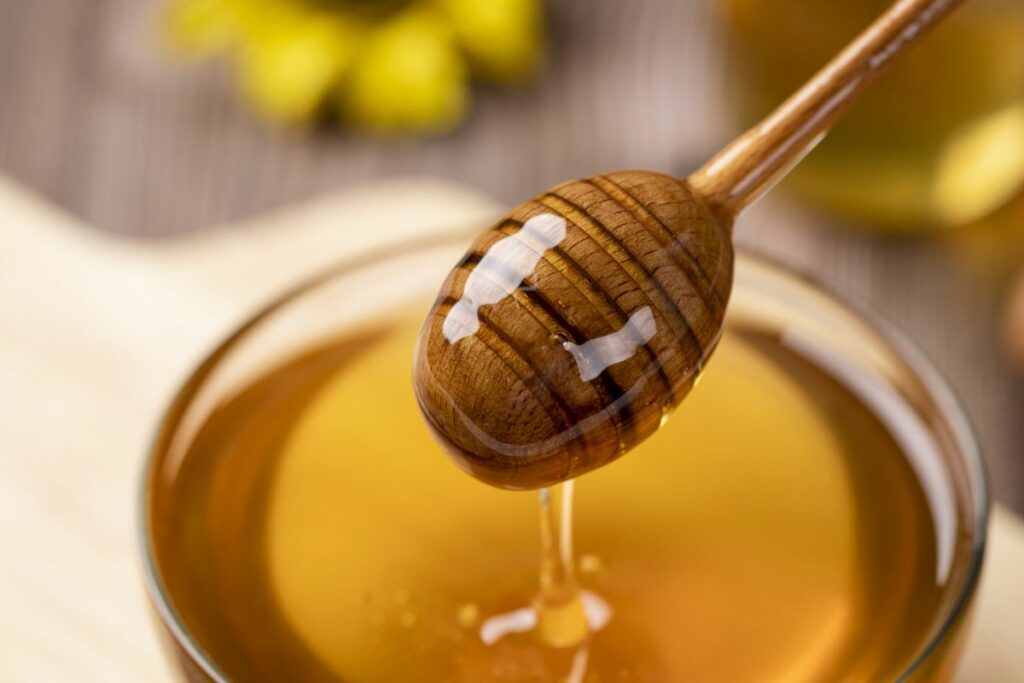
Health Benefits of Substitutes
Coconut nectar substitutes offer a range of health benefits that make them a great alternative to traditional sweeteners. Here are some of the key benefits of using coconut nectar substitutes:
Healthier Alternative
Coconut nectar substitutes are a healthier alternative to traditional sweeteners like granulated sugar or high-fructose corn syrup. They are often plant-based and organic, meaning they contain fewer chemicals and are less processed than traditional sweeteners.
Some coconut nectar substitutes, such as raw honey, have antibacterial, antifungal, and antiviral properties. This means they can help to fight off harmful bacteria, fungi, and viruses in the body.
Vitamins and Minerals
Coconut nectar substitutes are often rich in vitamins and minerals, including vitamin C, vitamin B, calcium, phosphorus, and manganese. These nutrients are essential for maintaining good health and can help to boost the immune system, support healthy bones and teeth, and promote healthy skin and hair.
Lower Glycemic Index
Coconut nectar substitutes typically have a lower glycemic index than traditional sweeteners. This means they are digested more slowly by the body, leading to a slower and more sustained release of energy. This can help to prevent spikes in blood sugar levels and reduce the risk of developing conditions like diabetes.
Overall, coconut nectar substitutes offer a range of health benefits that make them a great alternative to traditional sweeteners. Whether you’re looking to reduce your sugar intake, boost your nutrient intake, or improve your overall health, coconut nectar substitutes are definitely worth considering.
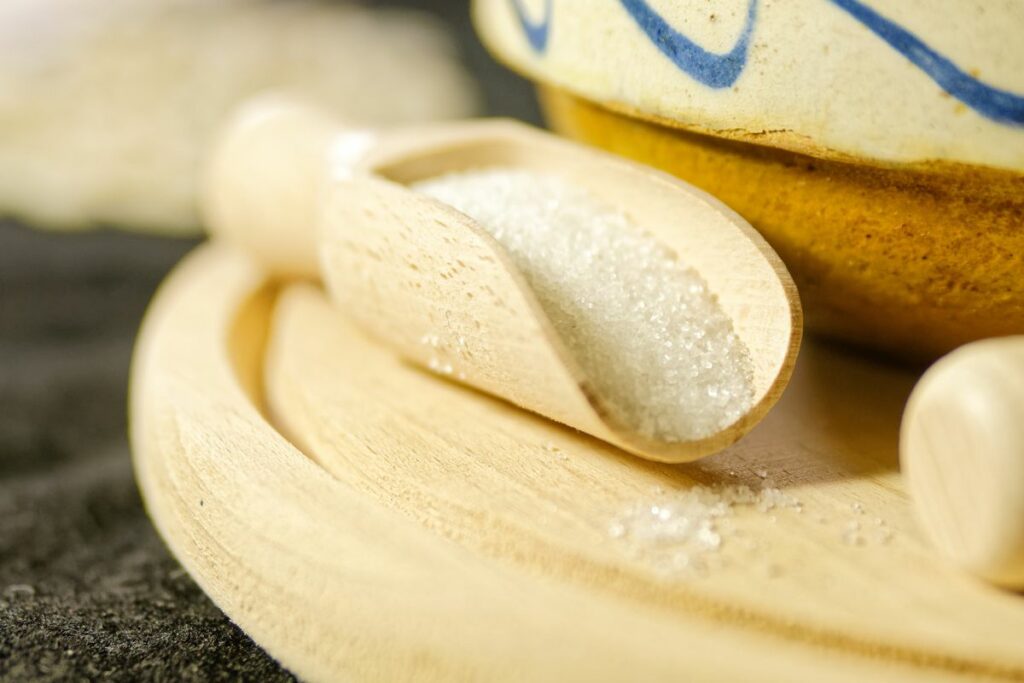
Considerations When Choosing Substitutes
When choosing a substitute for coconut nectar, there are several factors to consider. One of the most important considerations is flavor. Coconut nectar has a unique flavor that is difficult to replicate, but there are several substitutes that come close. Maple syrup, agave nectar, and raw honey are all good options that have a similar flavor to coconut nectar.
For those who are looking for a substitute that has a stronger coconut flavor, there are several options available. Coconut sugar and coconut syrup both have a distinct coconut flavor that can be used in place of coconut nectar in many recipes.
Another consideration when choosing a substitute for coconut nectar is the level of sweetness. Coconut nectar is a relatively low-glycemic sweetener, which means that it has a lower impact on blood sugar levels than other sweeteners like sucrose or fructose. When choosing a substitute, it is important to consider the level of sweetness and how it will affect the overall flavor of the recipe.
Shelf life is also an important consideration when choosing a substitute for coconut nectar. Coconut nectar has a relatively long shelf life, but some substitutes like raw honey or maple syrup may have a shorter shelf life. It is important to store these substitutes properly to ensure that they last as long as possible.
Finally, it is important to consider any health concerns when choosing a substitute for coconut nectar. Some substitutes like brown sugar or sucanat may have a higher impact on blood sugar levels, which can be a concern for those with diabetes or other health conditions. Liver health is also a concern for those who consume large amounts of fructose, which is found in some sweeteners like agave nectar.
Overall, there are several factors to consider when choosing a substitute for coconut nectar. By taking these factors into account, it is possible to find a substitute that works well in a variety of recipes while still meeting individual taste and health needs.
